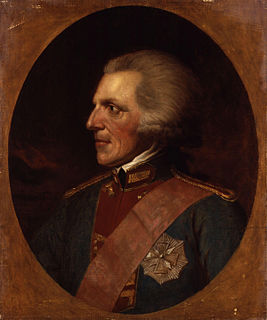A Quote by R. Buckminster Fuller
It is one of our most exciting discoveries that local discovery leads to a complex of further discoveries.
Related Quotes
It is one of our most exciting discoveries that local discovery leads to a complex of further discoveries. Corollary to this we find that we no sooner get a problem solved than we are overwhelmed with a multiplicity of additional problems in a most beautiful payoff of heretofore unknown, previously unrecognized, & as-yet unsolved problems.
[America] doesn't have an emphasis anymore on original discovery. Everything is based on teaching and learning for tests. Memorizing what you are taught, not on actually making discoveries. People are being treated as herded cattle instead of as human beings capable of making original, creative discoveries.
It is notorious that the same discovery is frequently made simultaneously and quite independently, by different persons. Thus, to speak of only a few cases in late years, the discoveries of photography, of electric telegraphy, and of the planet Neptune through theoretical calculations, have all their rival claimants. It would seem, that discoveries are usually made when the time is ripe for them - that is to say, when the ideas from which they naturally flow are fermenting in the minds of many men.
In the world's history certain inventions and discoveries occurred, of peculiar value, on account of their great efficiency in facilitating all other inventions and discoveries. Of these were the art of writing and of printing - the discovery of America, and the introduction of Patent-laws. The date of the first ... is unknown; but it certainly was as much as fifteen hundred years before the Christian era; the second-printing-came in 1436, or nearly three thousand years after the first. The others followed more rapidly - the discovery of America in 1492, and the first patent laws in 1624.
Discoveries are always accidental; and the great use of science is by investigating the nature of the effects produced by any process or contrivance, and of the causes by which they are brought about, to explain the operation and determine the precise value of every new invention. This fixes as it were the latitude and longitude of each discovery, and enables us to place it in that part of the map of human knowledge which it ought to occupy. It likewise enables us to use it in taking bearings and distances, and in shaping our course when we go in search of new discoveries.
...It would be possible to make much more progress than has been made if the NCI knew its job better, knew how to make discoveries...The NCI really does not know how to make discoveries....So long as the NCI is not willing to follow up ideas that seem good to people who have had experience making discoveries, the work of the NCI is going to be pedestrian.




































